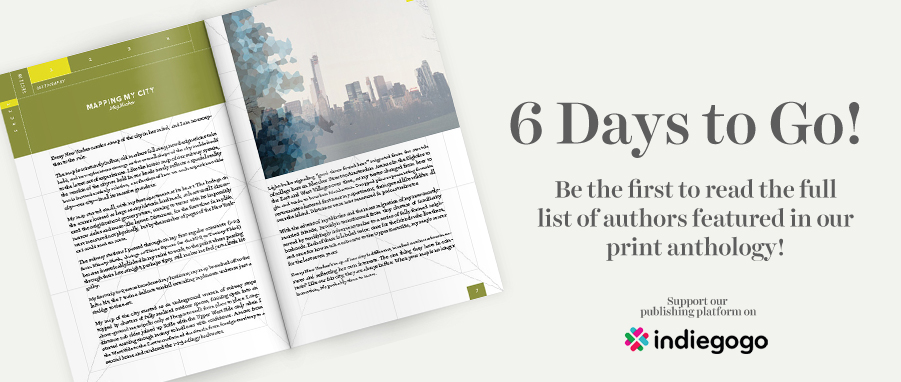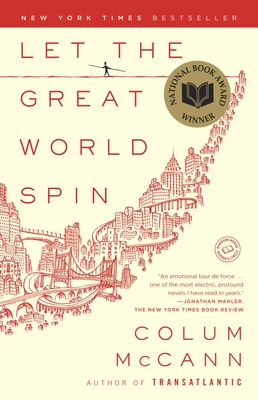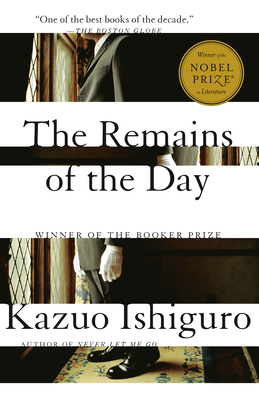By Maggie May Ethridge The baby of the family. To this reader, such a romantic phrase, born of the hustle and bustle, tears and drama, warmth and love, laughter and insanity of book families: Amy from Little Women, Rilla from the Anne of Green Gables series, Ginny from the Weasley family in Harry Potter, Deborah Mitford from the fascinating Mitford Sisters (a real family, but stuffed into many books, just take a google).
In our family there is my husband Mr. Curry, myself, and our four children: Dakota, Ian, Lola, and the baby of the family- Ever Elizabeth. The last child with the most daring name, the only of our children whose middle name is a family name ( my beloved Grandmother Elizabeth, who passed away years ago ) the only of our children we had to fight to bring into this world. After years of secondary infertility and then a late miscarriage, we had our Ever. Dakota was 16 when she was born, old enough to have been her father himself, though thank god he was not. Thank god because he was—is, really—just a kid himself, and more so, more so, because Ever is the last turn of the machine over the diamond, giving it a radiance and depth otherwise left behind. And so it would be for whoever was the baby.
The baby of the family brings youth to wisdom, glee to happiness, ridiculousness to fun, an immediacy to a long tale. When we are weighted with our mechanisms and warbled complaints, she is the slap dash giggle, the hysterical fit of babyhood, the one who we all must take care of. While their Dad and I take care of all of them, the children all watch over her, so she becomes the one thing we can all agree on. When we are content, she is the gossamer of sunlight over the landscape---another layer of beautiful.
We waited so many years for her, and once she arrived, all her siblings moved in to cradle and coddle her, to tell Dad 'the baby is crying, pick her up!' to tell me 'the baby is too close to the stove.' A unified purpose: protect the baby from the inadequacies of our parents.
As the baby of the family, she drags with her blanket so many things into our home: cartoons long abandoned by the older kids are rediscovered, stuffed animals under the bed are yanked out and dusted off to be shared, hobbies shed are made new: remember when we used to love to sit on the skateboard?! The baby brings an instant nostalgia for children not yet grown up but not quite children anymore; they see their childhood in a new light, and faced with a complex and confusing world, are suddenly made more deeply aware of the value of family. No longer simply there, our family is now creating the environment for The Baby—and although we are of course still doing this for them, they can now feel it, its worth, its beauty. In watching her grow up, they see how they themselves grew, and were valued, cherished, loved. A new pride begins to form.
As for the baby, she will watch as all the children grow up, she will be the one and only of the bunch to watch from a child's perspective as each sibling argues with us, the parents, as each sibling stakes claims of independence, burrows closer for reassurance, flies, fails, meets the world from the root of this family. When they are all grown and adult, she will be the keeper of all the secrets, the one who heard from the other room the sobs, the confessions, who saw the picked noses, the awkward attacks, the endless coming together, the procession of bathroom and kitchen scenes, bedtime snuggles, smells and sounds of children and parents moving forward. Her presence, so unobtrusive and benign, will be taking in, and ultimately, she will shock us all as she recounts the stories and reveals her opinion, possibly scathing: Mom begged for X's respect instead of assuming it, Dad moved too quickly to shutting the talk down, Brother 1 was always complaining, Brother 2 was never paying attention . . . the rest of us will shuffle and raise our shoulders, looking at this girl child we see still illuminated in the late afternoon light of a child's day. Maybe one will say 'But you're just the baby of the family. You don't understand.' And surely like a million other babies of the family, she will resent the title, at the same time she secretly cherishes it, knowing that the 'just' in front of The Baby is not diminishing, but instead a title of great importance and power, like a tiny Queen.






 Amidst a chorus of OOH’s from my friends, none of us so sober ourselves, the memory of writing down swear words flickers through my mind---sitting in the small kitchen in Normandy with Madeleine spelling the sentences out for me, word for word. I’m glad her teaching didn’t go to waste.
Amidst a chorus of OOH’s from my friends, none of us so sober ourselves, the memory of writing down swear words flickers through my mind---sitting in the small kitchen in Normandy with Madeleine spelling the sentences out for me, word for word. I’m glad her teaching didn’t go to waste.






































 I used to have these fantasies of Fréd and I falling in love and living in Paris in a tiny apartment in the quartier latin. We would survive off of cigarettes and coffee and sex. I would take classes at the Sorbonne, and he would write stories and novels. We would walk along the Seine and frequent dark, smoky bars at night.
It was the kind of romantic ideal that I spent the first 20 years or so of my life carefully cultivating, a fantasy that I’d pieced together from reading too many books and watching too many movies set in Paris. For years, though, I thought that maybe, maybe there was a chance that it could come true.
I used to have these fantasies of Fréd and I falling in love and living in Paris in a tiny apartment in the quartier latin. We would survive off of cigarettes and coffee and sex. I would take classes at the Sorbonne, and he would write stories and novels. We would walk along the Seine and frequent dark, smoky bars at night.
It was the kind of romantic ideal that I spent the first 20 years or so of my life carefully cultivating, a fantasy that I’d pieced together from reading too many books and watching too many movies set in Paris. For years, though, I thought that maybe, maybe there was a chance that it could come true.